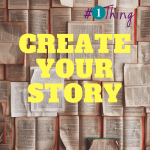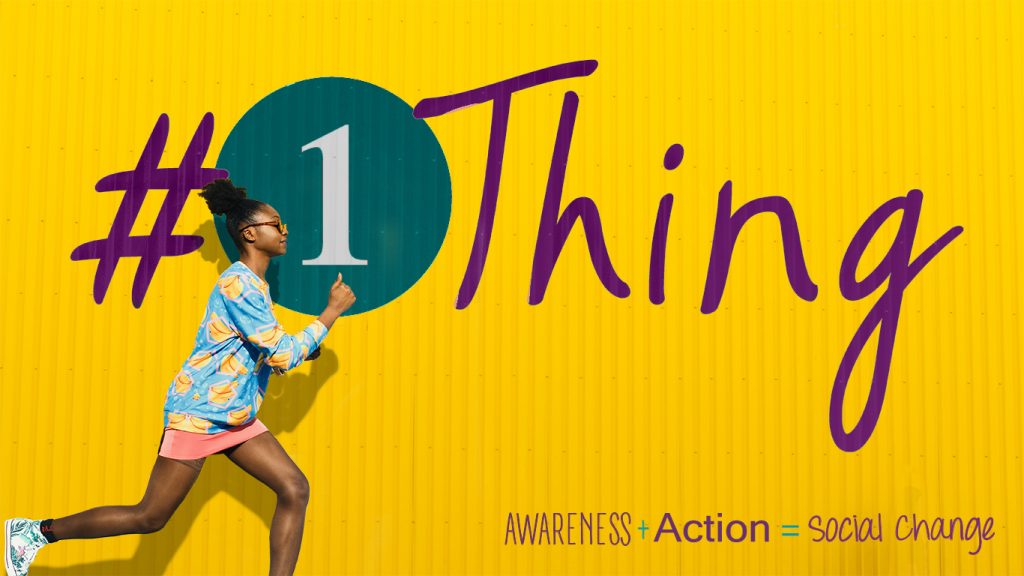Guest post by Liz Zadnik, associate director of the Wellness Resource Center
* Take Care While Reading: Mention of intimate partner abuse *
October is recognized nationally as Domestic Violence Awareness Month—a time to honor individuals and families who have experienced abuse, as well as for communities to join together in efforts to create positive change. The 2020 theme is #1Thing, as in one action we can each take to move us toward a world free of interpersonal violence. Today’s post is a collaboration between the Wellness Resource Center and Temple University Libraries.
While millions of Americans experience some form of intimate partner violence during their lifetime, it is often something they endure alone. Making something visible—speaking these truths—can minimize the shame and isolation so many may experience. One way we can start this collective conversation is by reading the accounts of folks brave and generous enough to share their lives with us.
How does reading help us in our collective efforts to create a safer world?
 Emerging research has found reading literary fiction can help readers with empathy and compassion. The skills of empathy—perspective-taking, staying out of judgement, identifying emotions, and then communicating recognition of those emotions—are strengthened as we bear witness to the perceptions, thought processes, and worldviews of characters.
Emerging research has found reading literary fiction can help readers with empathy and compassion. The skills of empathy—perspective-taking, staying out of judgement, identifying emotions, and then communicating recognition of those emotions—are strengthened as we bear witness to the perceptions, thought processes, and worldviews of characters.
Here are some suggested titles, all available through Temple Libraries:
In the Dream House by Carmen Maria Machado
Machado’s memoir of her experience with an abusive partner weaves together themes of sizeism, heterosexism, and cultural understandings of love and worthiness. Incredibly candid, Machado approaches a difficult subject with wit and a combination of narrative tropes—including classic horror—to create something entirely unique.
The Color Purple by Alice Walker
A classic text that won the 1983 Pulitzer Prize for Fiction and the National Book Award for Fiction, The Color Purple shares the stories of women connected through their pain, growth, and bravery. The powerful novel offers a journey that is inspiring and life-affirming.
Milk and Honey and The Sun And Her Flowers by Rupi Kaur
Kaur’s poetry seeks to raise awareness of domestic and family violence and how social norms contribute to victim-blaming, shame, and pain. Unflinching and honest, each offering evokes a range of emotions and asks the reader to open their heart to something new.
Resources Available
Temple’s Tuttleman Counseling Services has specially-trained therapists and support groups for Temple University students who have experienced different forms of interpersonal violence.
Philadelphia’s Domestic Violence Hotline connects folks with multiple organizations in the area for crisis intervention, safety planning, resources, and referrals. All conversations are free, confidential and anonymous: 1-866-723-3014
The National Domestic Violence Hotline offers support to anyone in the United States and also has a chat feature available any time, 24-hours a day, seven days a week at 1-800-799-7233.

